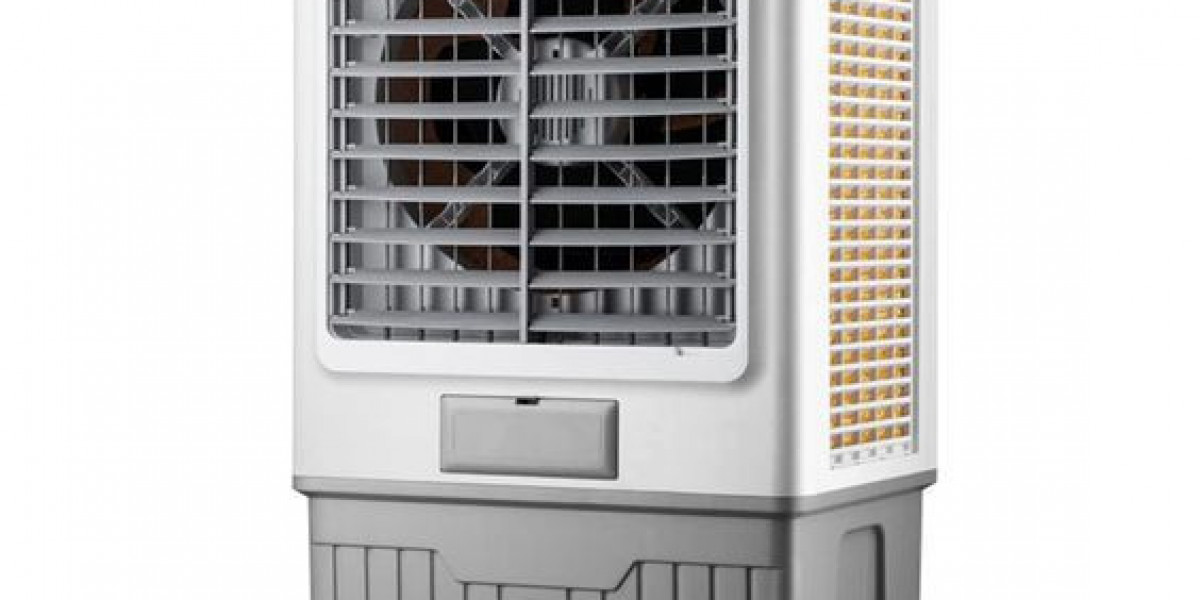As worries about global warming, climate change, and environmental sustainability grow, consumers increasingly seek eco-friendly alternatives for their cooling needs. Air coolers stand out among these alternatives due to their energy-efficient cooling mechanisms. Not only do they consume substantially less energy than traditional cooling systems, but they also incorporate natural processes into their operating mechanism.
How do air coolers work?
Air coolers function on the principle of evaporative cooling, which is a natural phenomenon. They take in warm air from the environment and pass it through a damp cooling pad. As the air passes through, the moisture evaporates, lowering the temperature of the air before it is circulated back into the room.
This method contrasts sharply with air conditioners that use refrigerants and complex mechanical processes, which contribute to higher energy consumption and detrimental environmental impact.
Energy efficiency
Energy efficiency is one of the most significant reasons for choosing air coolers over air conditioners. Air coolers, such as portable coolers, consume significantly less energy. While an air conditioner may consume 1,000 to 3,000 watts of energy, an air cooler will operate on as little as 60 to 300 watts. This dramatic reduction in energy consumption is financially efficient, with lower electricity bills, and contributes to a much smaller carbon footprint.
Water use and recycling
While air coolers require water to operate, they are designed to use water efficiently. Modern desert coolers use a minimal amount of water, which is continuously recirculated to ensure that each drop of water counts. The evaporation process in a cooler also has a cooling effect, dramatically reducing reliance on mechanical processes, which consume more energy to generate cooling.
Because desert coolers typically use local tap water, they avoid the chemical refrigerants often employed in air conditioning systems. When released into the atmosphere, they can harm the surroundings, contributing to ozone depletion and global warming. By opting for an air cooler, users can enjoy efficient cooling without the associated environmental risks of traditional cooling systems.
Versatility and portability
Air coolers offer versatility that makes them an eco-friendly choice for various settings. Portable air coolers can be conveniently moved from one room to another, allowing users to cool only their space. This limited use helps to reduce energy consumption further.
Furthermore, air coolers are suitable for a wide range of climates. They work particularly well in dry regions, where evaporation is most effective. In contrast, traditional HVAC systems may struggle in such conditions, requiring additional energy to maintain comfortable temperatures.
Conclusion
Air coolers represent a sustainable and eco-friendly cooling solution perfect for various settings. As we strive towards more sustainable living, embracing technologies like air coolers can play a significant role in our quest for an eco-friendly future. By choosing air coolers, consumers can enjoy cooler spaces without compromising environmental responsibility, positively impacting their lives and the planet.








